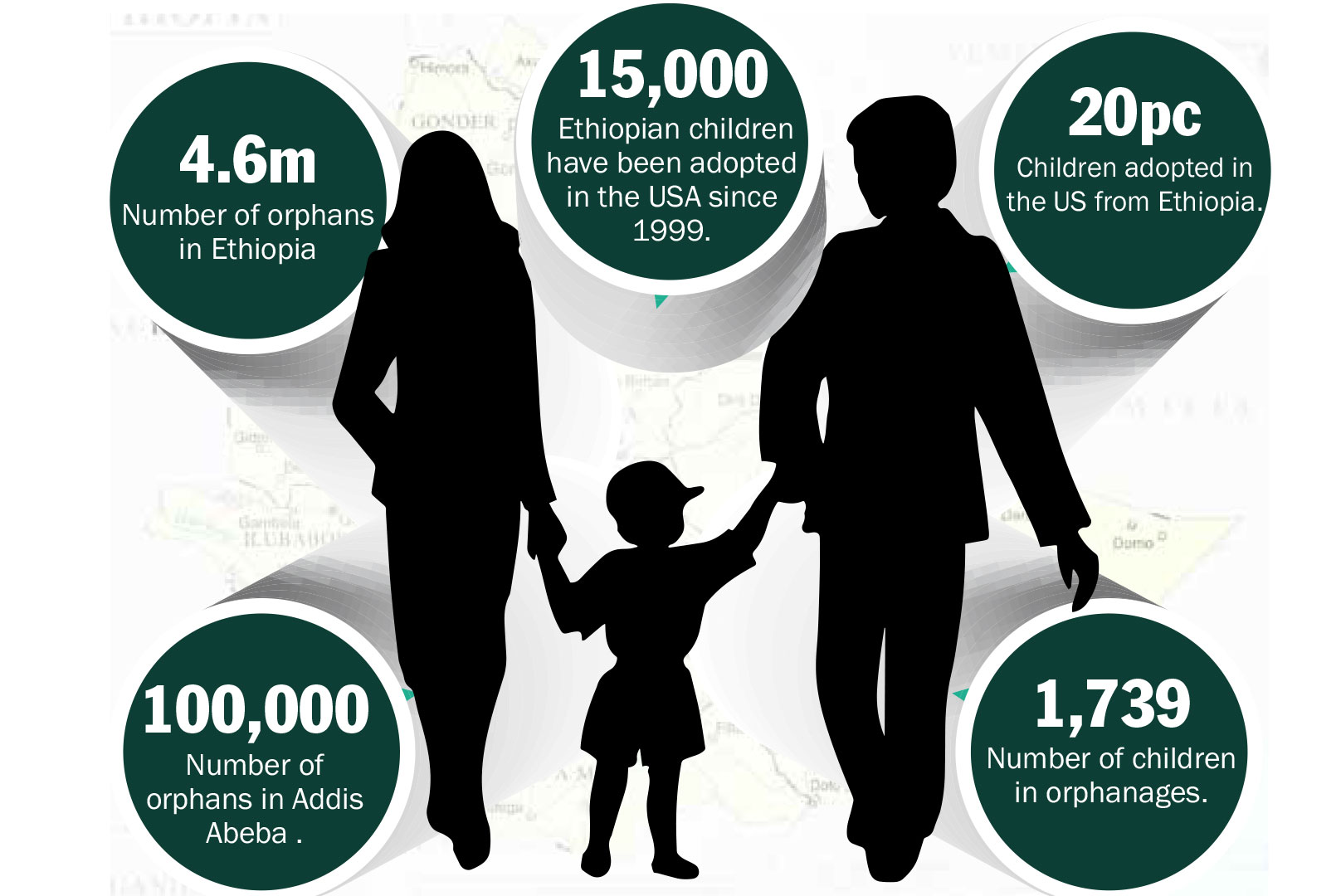
Fortune News | Oct 12,2025
Netsanet Birhanu, like the thousands of other employees at Hawassa Industrial Park, is the lowest paid textile worker in the world, according to a new report from the STERN Centre of New York University. Renting a house for 800 Br with a friend, she gets paid a gross basic salary of 750 Br working for a garment factory, a matter that has cast negative shadows on the working conditions of the nation’s flagship industrial zone.
One of the sheds run by Indochine Apparel Plc manufactures denim jeans on May 21, 2019.
Following strikes by protesting employees, the Ethiopian Investment Commission and employers at the park implemented an incentive program to increase worker compensation. The quoted salary scale in the report does not factor in the incentives undertaken to address low wages, according to federal authorities. Employees earn more than basic salary when food and transportation allowances are added, as well as have the potential to earn more when attendance incentives and performance-based bonuses are included. Netsanet claims that she was able to earn 2,500 Br last month, more than three times the salary quoted in the report.
Employees and the authorities agree though that this is not enough in a country where the cost of living is escalating. The government admits that there needs to be a balance between the ambitions of attracting foreign direct investment through cheap labour and the living conditions of workers.
In the labour proclamation currently under amendment at the Ministry of Labor & Social Affairs, a national minimum wage may be included, according to sources close to the case. Abebe Abebayehu, the commissioner of the Ethiopian Investment Commission, also indicates that it is time the government settles on a minimum wage to protect the interests of workers.
Employers are skeptical about a blanket raise of the basic salary scale. Considering lower educational levels, a relatively cheaper cost of living, higher logistics costs and weak infrastructure, they find higher wages hard to justify.
You can read the full story here
PUBLISHED ON
May 25,2019 [ VOL
20 , NO
995]

Fortune News | Oct 12,2025

Fortune News | Jul 26,2025

Agenda | Nov 21,2018

Sunday with Eden | Mar 05,2022

Fortune News | Aug 29,2025


Fortune News | Nov 12,2022

Radar | Jan 16,2021

View From Arada | Sep 27,2025

Sunday with Eden | Apr 13,2019

Dec 22 , 2024 . By TIZITA SHEWAFERAW
Charged with transforming colossal state-owned enterprises into modern and competitiv...

Aug 18 , 2024 . By AKSAH ITALO
Although predictable Yonas Zerihun's job in the ride-hailing service is not immune to...

Jul 28 , 2024 . By TIZITA SHEWAFERAW
Unhabitual, perhaps too many, Samuel Gebreyohannes, 38, used to occasionally enjoy a couple of beers at breakfast. However, he recently swit...

Jul 13 , 2024 . By AKSAH ITALO
Investors who rely on tractors, trucks, and field vehicles for commuting, transporting commodities, and f...

Oct 18 , 2025
The political establishment, notably the ruling party and its top brass, has become p...

Oct 11 , 2025
Ladislas Farago, a roving Associated Press (AP) correspondent, arrived in Ethiopia in...

Oct 4 , 2025
Eyob Tekalegn (PhD) had been in the Governor's chair for only weeks when, on Septembe...

Sep 27 , 2025
Four years into an experiment with “shock therapy” in education, the national moo...